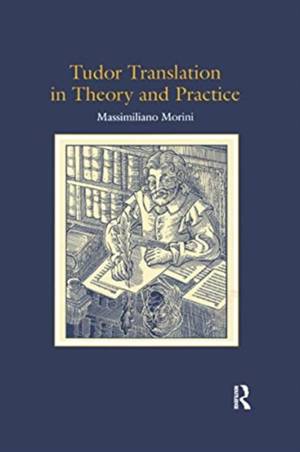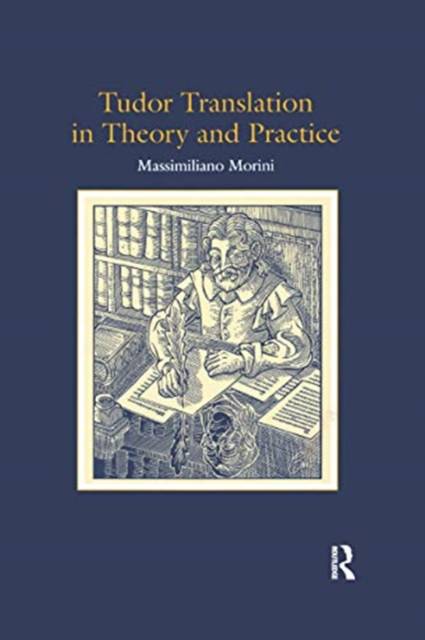
- Retrait gratuit dans votre magasin Club
- 7.000.000 titres dans notre catalogue
- Payer en toute sécurité
- Toujours un magasin près de chez vous
- Retrait gratuit dans votre magasin Club
- 7.000.0000 titres dans notre catalogue
- Payer en toute sécurité
- Toujours un magasin près de chez vous
83,95 €
+ 167 points
Format
Description
Filling a gap in the study of early modern literature, Massimiliano Morini here exhaustively examines the aims, strategies, practice and theoretical ideas of the sixteenth-century translator. Morini analyzes early modern English translations of works by French and Italian essayists and poets, including Montaigne, Castiglione, Ariosto and Tasso, and of works by classical writers such as Virgil and Petrarch. In the process, he demonstrates how connected translation is with other cultural and literary issues: women as writers, literary relations between Italy and England, the nature of the author, and changes in the English language. Since English Tudor writers, unlike their Italian contemporaries, did not write theoretical treatises, the author works empirically to extrapolate the theory that informs the practice of Tudor translation - he deduces several cogent theoretical principles from the metaphors and figures of speech used by translators to describe translation. Employing a good blend of theory and practice, the author presents the Tudor period as a crucial transitional moment in the history of translation, from the medieval tradition (which in secular literature often entailed radical departure from the original) to the more subtle modern tradition (which prizes the invisibility of the translator and fluency of the translated text). Morini points out that this is also a period during which ideas about language and about the position of England on the political and cultural map of Europe undergo dramatic change, and he convincingly argues that the practice of translation changes as new humanistic methods are adapted to the needs of a country that is expanding its empire.
Spécifications
Parties prenantes
- Auteur(s) :
- Editeur:
Contenu
- Nombre de pages :
- 164
- Langue:
- Anglais
Caractéristiques
- EAN:
- 9780367434854
- Date de parution :
- 31-03-21
- Format:
- Livre broché
- Format numérique:
- Trade paperback (VS)
- Dimensions :
- 156 mm x 234 mm
- Poids :
- 240 g

Les avis
Nous publions uniquement les avis qui respectent les conditions requises. Consultez nos conditions pour les avis.






